US President Donald Trump emphasized: "In every day of the Trump administration, I will - quite simply - put America first." This makes US allies, including Japan and NATO, worried about the new burdens on their shoulders.
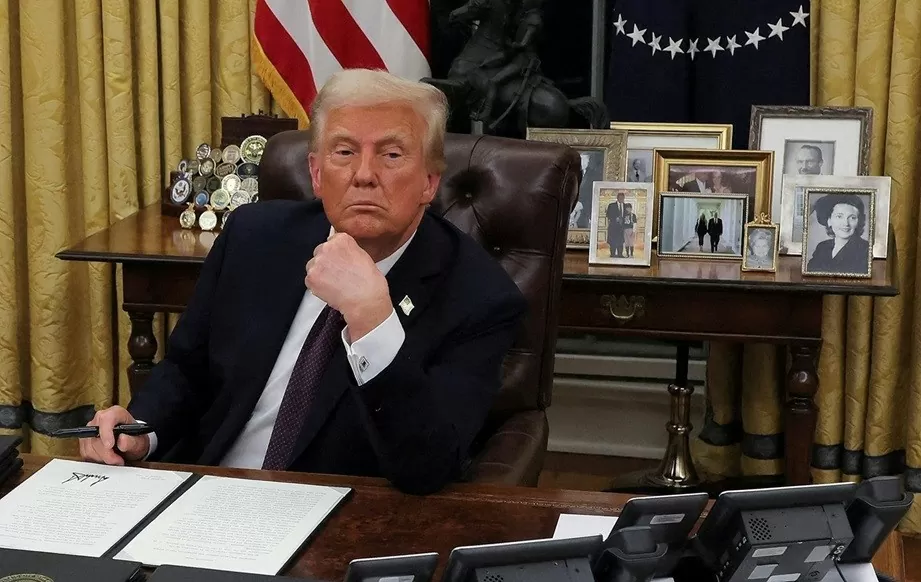 |
| The Trump administration will take all necessary steps to advance the national interest during this term. (Source: ABC News) |
"Putting America First"
According to the Japan Times , as soon as he returned to the White House, US President Donald Trump hinted that his administration would not focus too much on maintaining a rules-based global order or cultivating America's network of alliances.
Instead, he pledged that the United States would take whatever steps were necessary to advance its national interests — including by projecting economic power and, if necessary, using military force.
“We will be the envy of every nation, and we will not allow ourselves to be taken advantage of any longer,” Trump said in a largely domestic address after his inauguration. “Every day of my administration, I will — quite simply — put America first.”
But Mr Trump, who has vowed to “rebuild the greatest military the world has ever seen”, also couched his language in rhetorical terms implying that his administration would “measure success not just by the ‘battles’ we win, but by the wars we end – and perhaps most importantly, the wars we never fight”.
The Japan Times said the statement was a reference to the Russia-Ukraine conflict, which Mr. Trump did not explicitly mention.
In recent weeks, Mr Trump has toned down his previous statements that he would quickly end the conflict – a move that experts say would have profound implications not only for continental Europe but also for Asia.
Mr Trump’s statements mark a sharp departure from his predecessor, Joe Biden, who has made building US alliances and defending the US-led global order key elements of his administration.
Under Biden, the US-Japan alliance has reached new heights, while trilateral cooperation with South Korea has become a key element in the strategy to contain both North Korea and China.
Japan Times commented that the Japanese government was concerned about the changes of the new US President.
 |
On the morning of January 21, Japanese Prime Minister Shigeru Ishiba congratulated President Donald Trump on his inauguration. He wrote in a letter that he "wants to cooperate closely to further strengthen Japan-US relations and realize a free and open Indo-Pacific region."
However, Mr. Ishiba told reporters shortly afterwards that he would continue to seek a meeting with the new US President at the earliest opportunity to clarify Japan's position.
Mr. Ishiba said Mr. Trump “seems to prefer bilateral rather than multilateral frameworks” to reach agreements. Japan sent Foreign Minister Takeshi Iwaya to Washington, partly to attend Mr. Trump’s inauguration, but also to lay the groundwork for Prime Minister Ishiba’s visit.
The absence of any mention of alliances or a commitment to strengthening the international order in Mr Trump's speech suggests his foreign policy remains flexible and "everything is on the table and subject to renegotiation", said Associate Professor Sebastian Maslow at the University of Tokyo.
Trump has long taken a “transactional” view of alliances, including the US-Japan relationship, and could again demand more money from Tokyo to maintain the US military or push Tokyo to increase its defense spending, Maslow said. He could also threaten steep tariffs on Japanese steel, aluminum and autos.
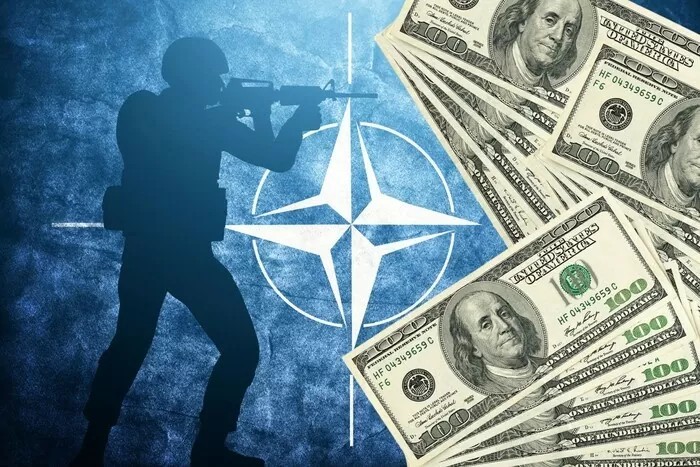 |
| Mr Trump will not withdraw from NATO but will "ignore" and effectively weaken America's commitment to the Alliance. (Photo: Deposit Photo) |
A methodical strategy to convince America
Not only Japan, Europe also has similar concerns about the Trump 2.0 administration. The website of the organization UK in a changing Europe recently commented that Mr. Trump's re-election as US President has profound implications for European security and the future of transatlantic relations.
Trump’s previous term was not very enthusiastic about the concept of collective security and demonstrated a “transactional” approach to allies. This approach is likely to continue in his current term. In many ways, Trump will not withdraw from NATO but will “ignore” and actually weaken America’s commitment to the Alliance.
Therefore, according to the International Institute for Strategic Studies (IISS), Europe's problem now is how to convince Washington to maintain its commitment to security and transatlantic cooperation. Nigel Gould-Davies, senior expert on Russia and Eurasia at the International Institute for Strategic Studies (IISS), said Europe needs a new diplomatic strategy to convince the US to maintain its commitment to continental security, especially on the Ukraine issue.
Specifically, according to expert Nigel Gould-Davies, to convince the US to maintain its commitment, Europe needs to focus on the following main approaches:
First , emphasize mutual economic interests: Europe must explain that its security is a compelling economic interest to the United States. Europe is America’s largest trading partner. It is also the top destination for American investment. And together with Japan, Europe dominates investment in the United States, creating jobs for American workers.
While Mr Trump may be pressuring Europe to reduce its trade surplus, that should not overshadow how much the US benefits from a vibrant economic relationship. A Europe in turmoil over the conflict in Ukraine would be a serious blow to US economic interests.
Second, increase defense spending: Europe needs to meet the US demand for a greater share of the defense burden. Currently, Europe's GDP is only slightly lower than that of the US, but defense spending is only half that. NATO Secretary General Mark Rutte has called on European countries to increase spending and buy more effective weapons.
Third , adjust policy toward China: If Russia is a problem for both the US and Europe, then China is a problem for both Europe and the US. Europe needs to integrate economic and security factors into its policy toward China. NATO has identified China as the “decisive enabler” of Russia’s military campaign in Ukraine. This is important not only for European security but also to assuage US concerns.
Thus, with its unpredictable nature, not only America’s opponents but also its close allies are facing a lot of anxiety when Mr. Trump officially becomes the owner of the White House. Every decision, big or small, of Mr. Trump will affect the international situation and the behavior of countries, including allies.
Source: https://baoquocte.vn/every-day-of-president-donald-trump-is-very-simple-but-noi-lo-khong-cua-rieng-ai-301960.html



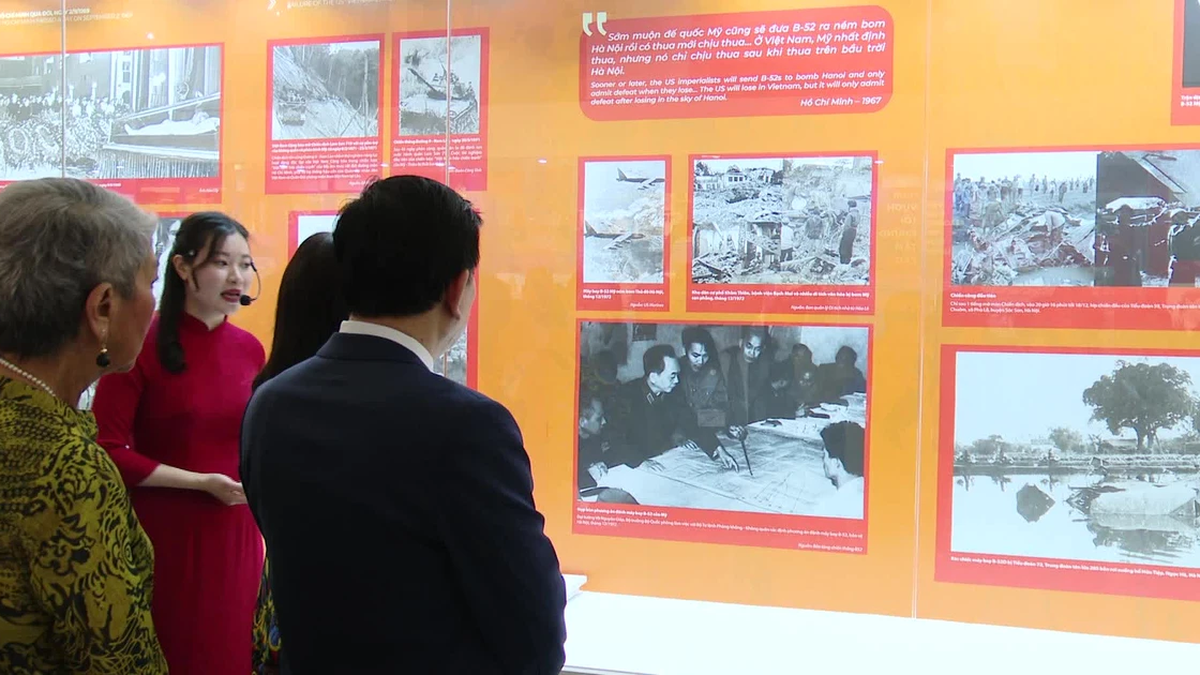
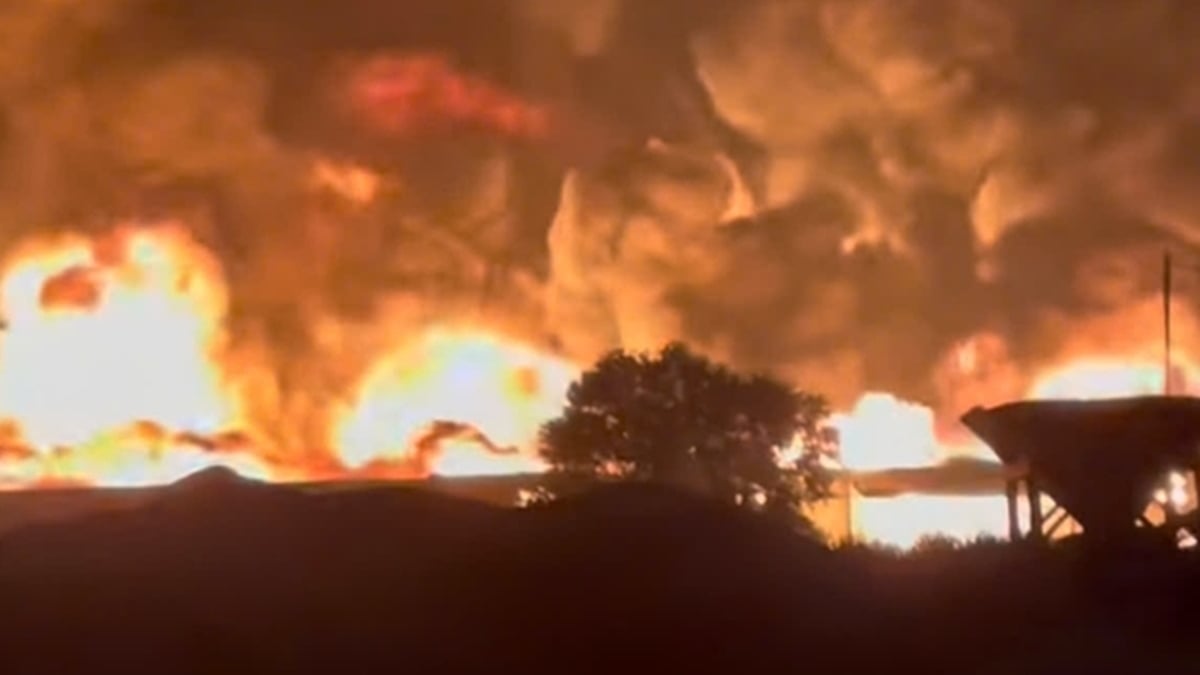
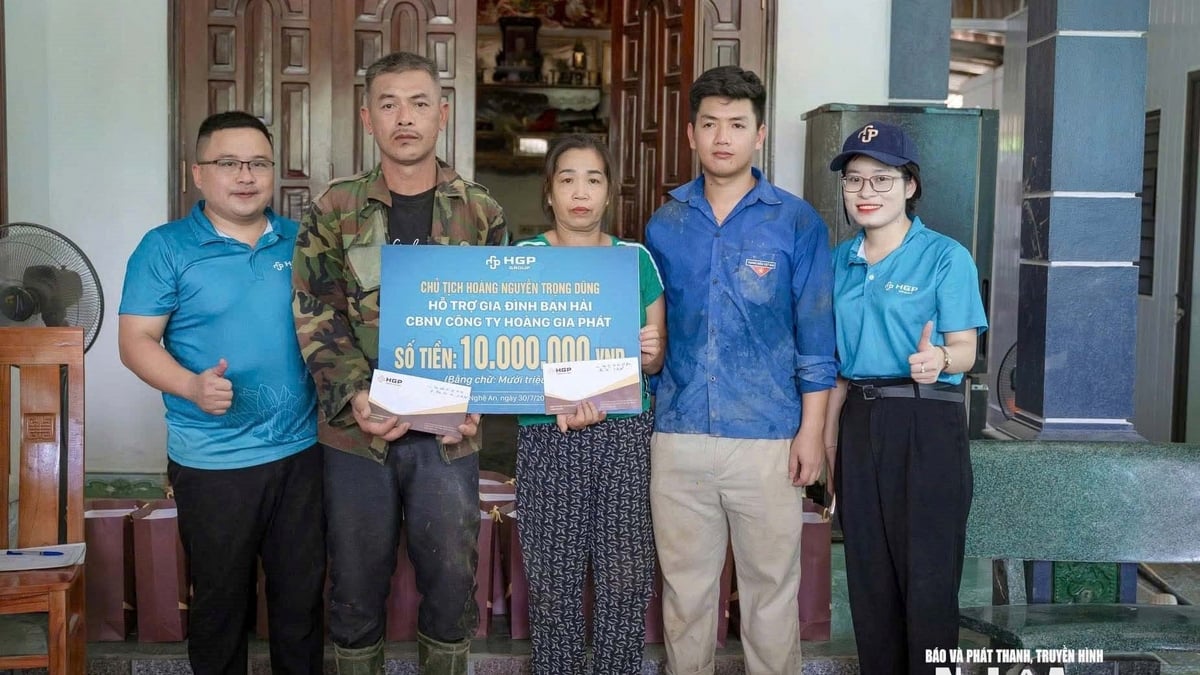
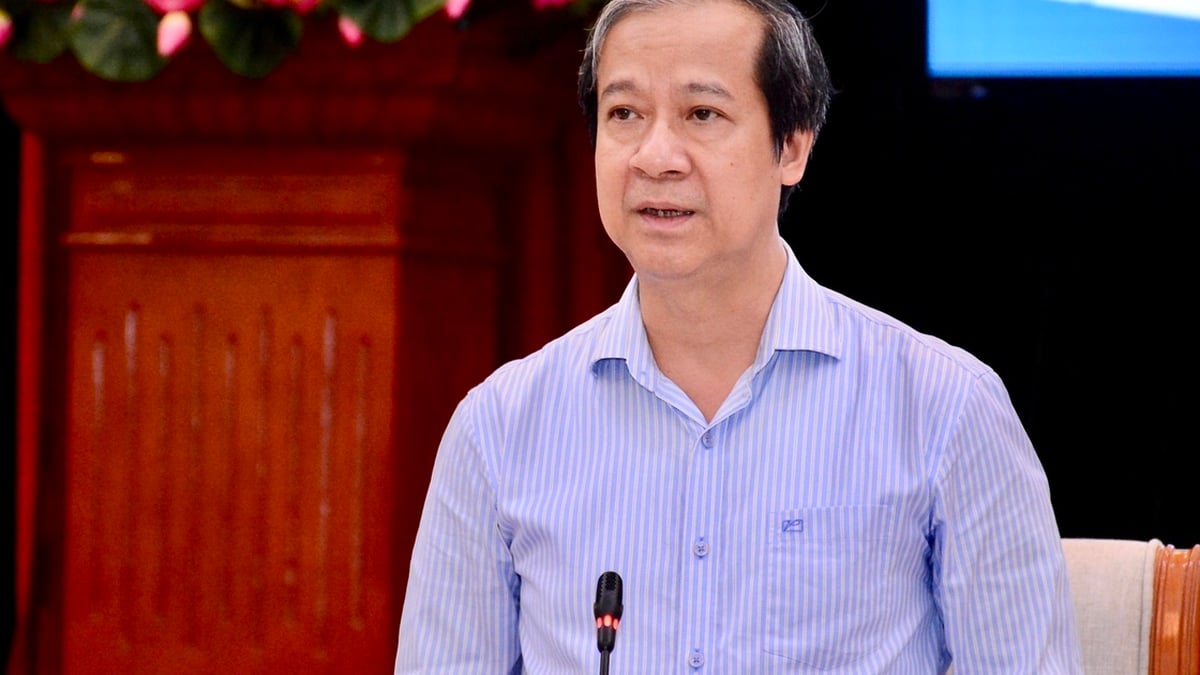
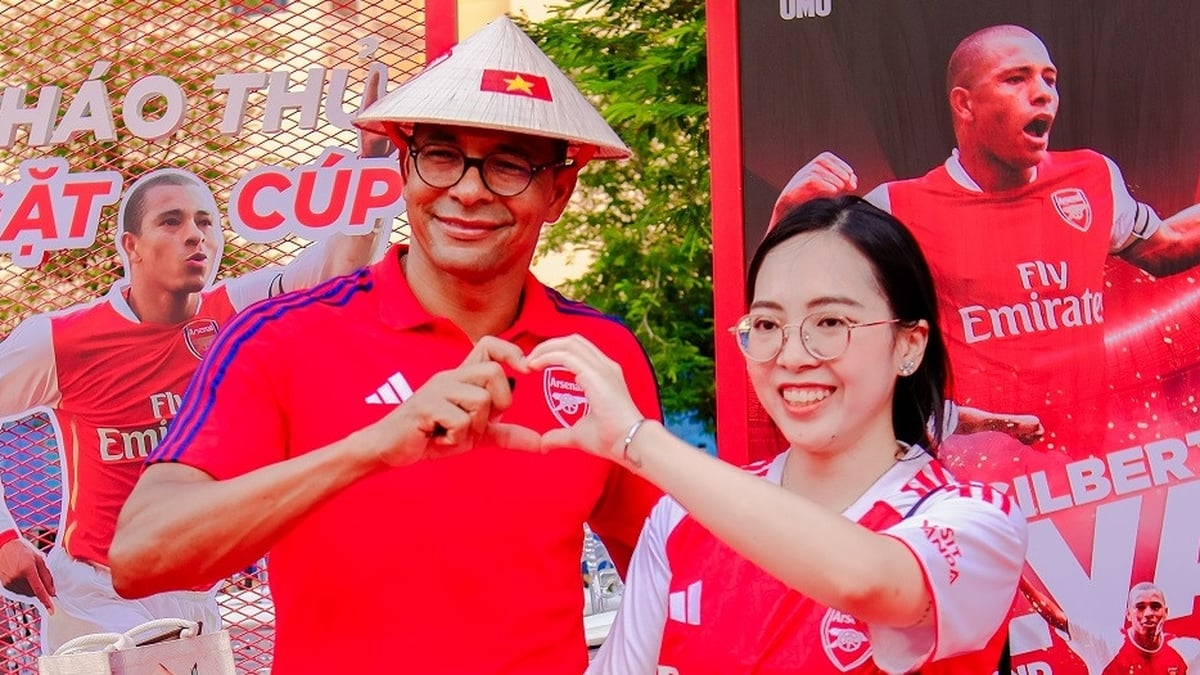
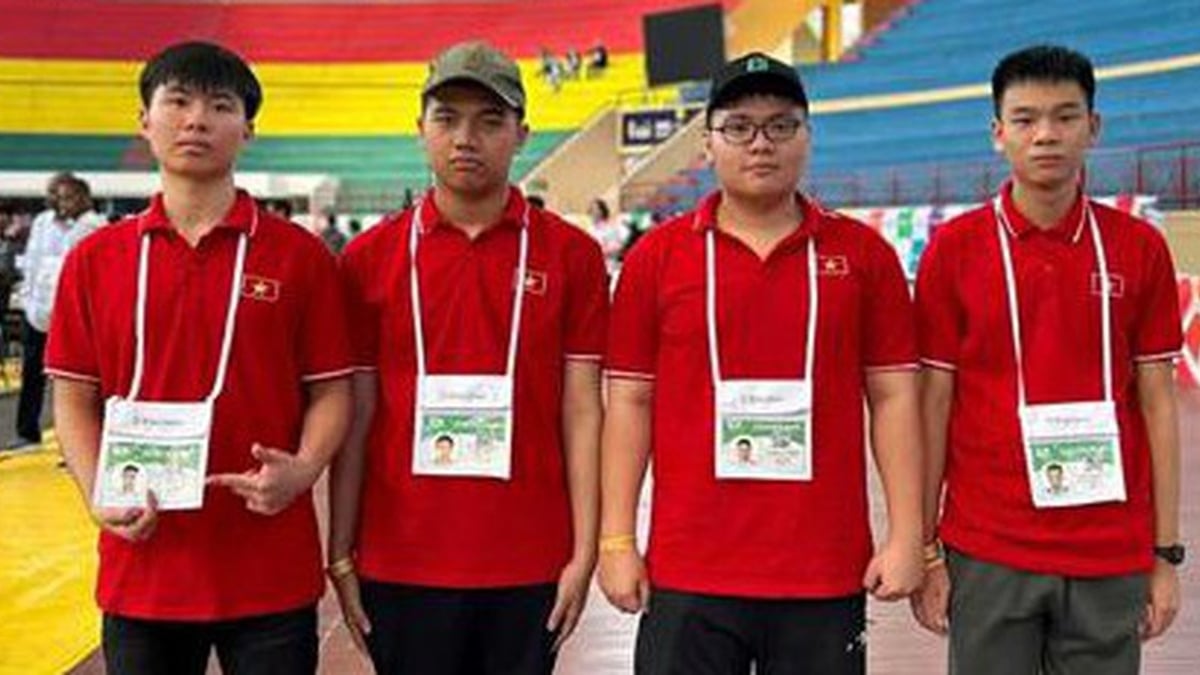
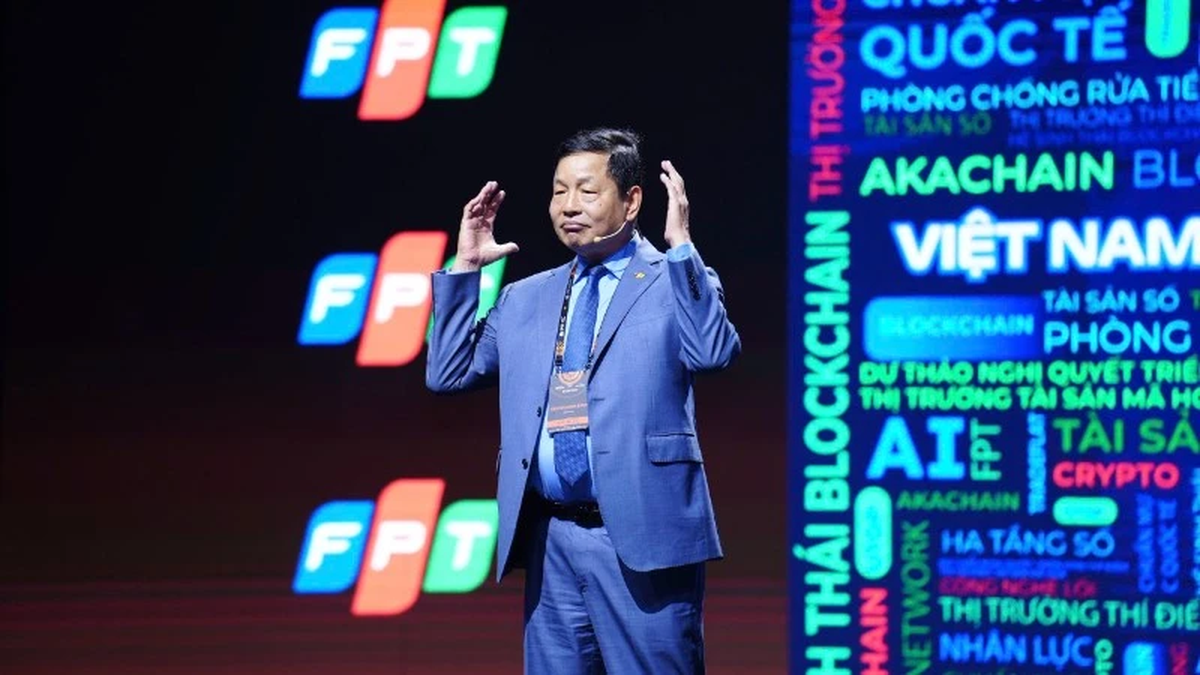
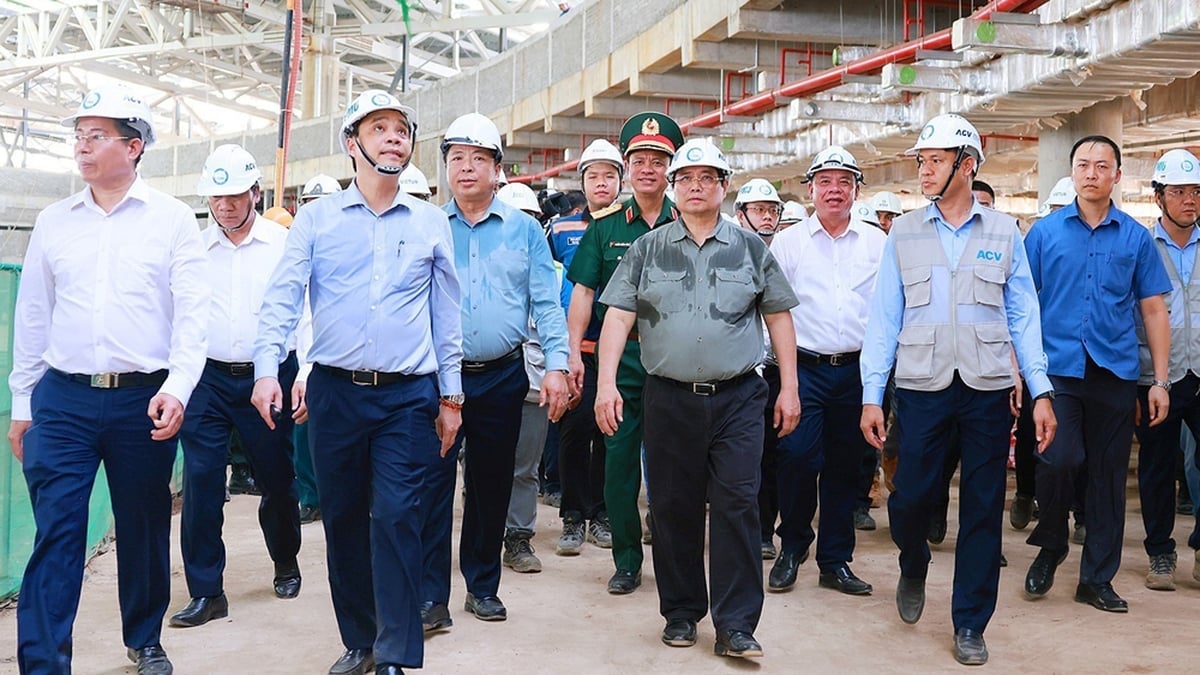
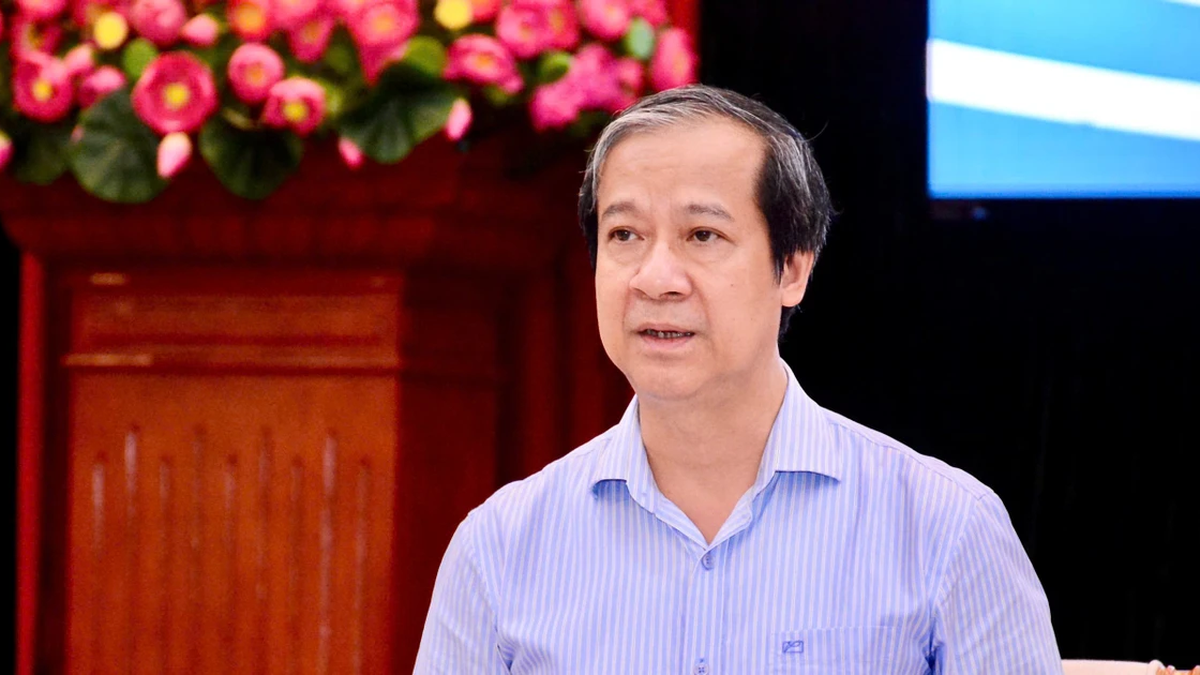























































































Comment (0)